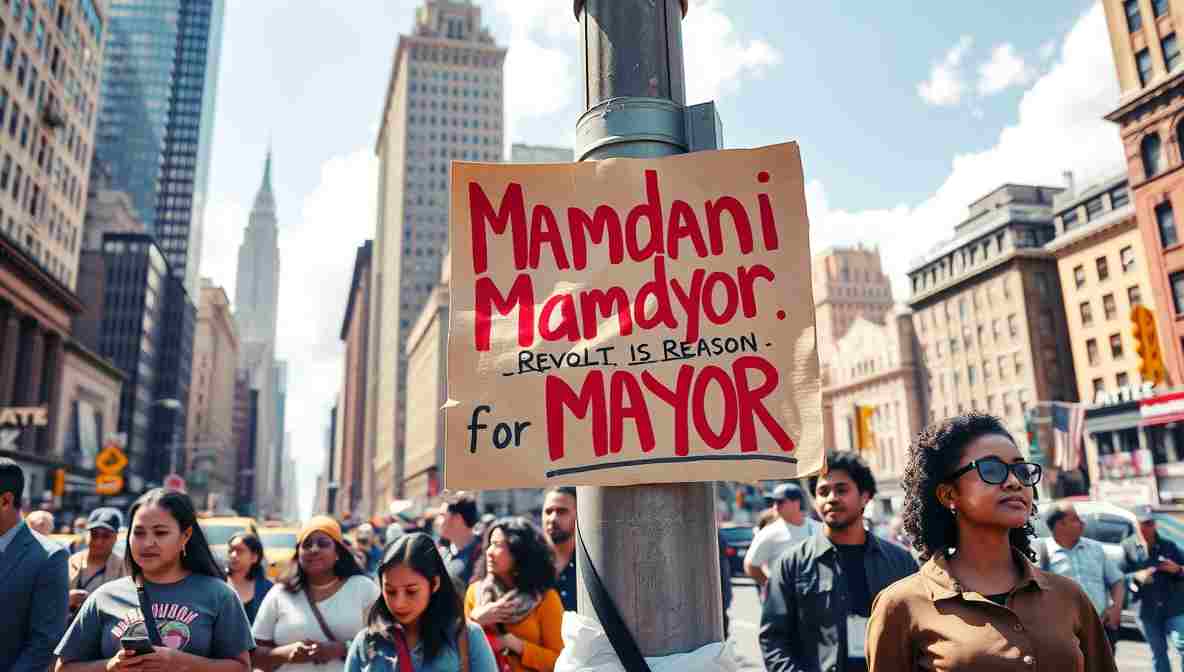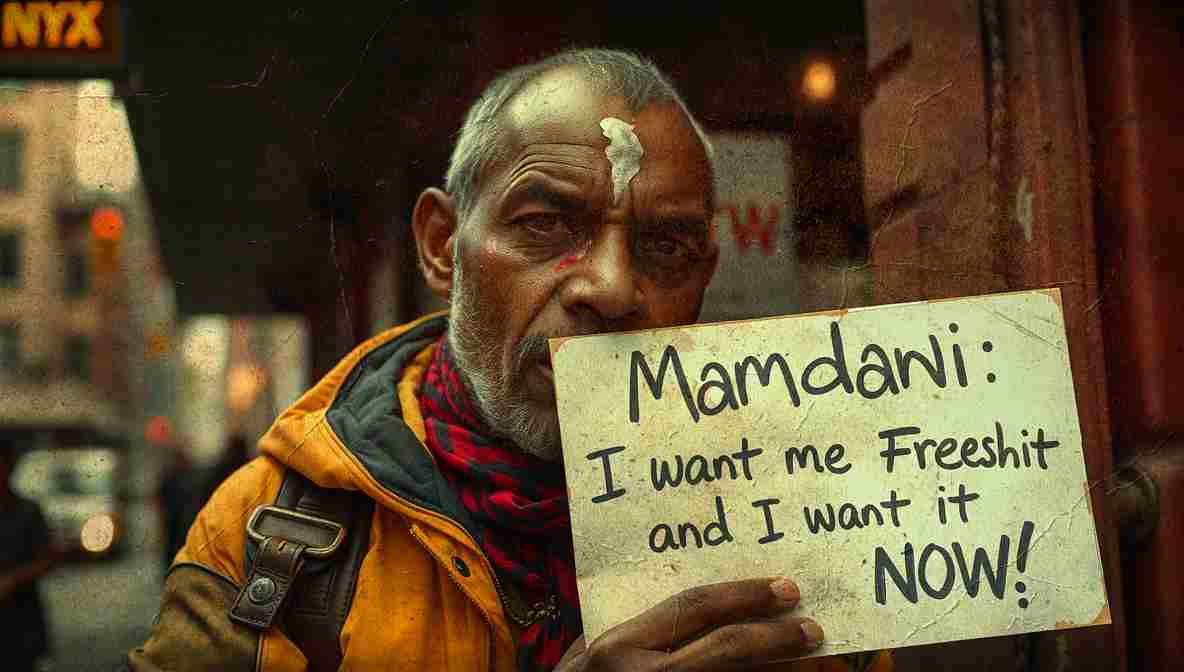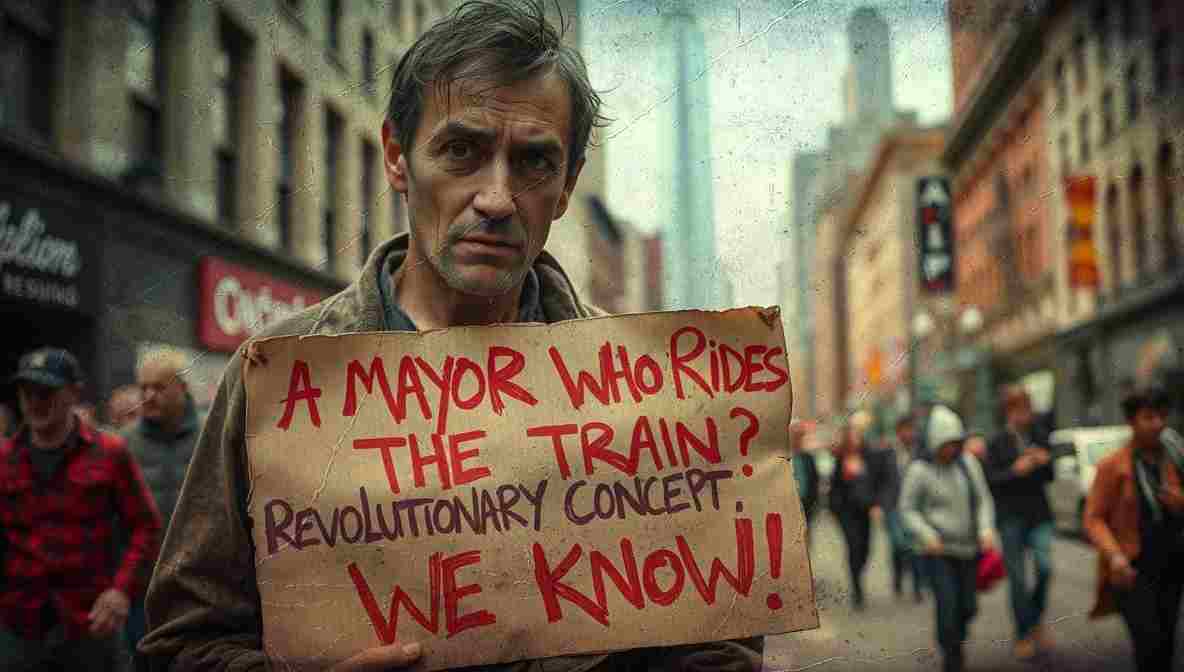Mamdani’s Democratic Primary Victory Defies Political Conventional Wisdom
Zohran Mamdani’s victory in New York City’s Democratic mayoral primary sent shockwaves through the political establishment, defying predictions and conventional wisdom about electability. AP News (https://apnews.com/article/andrew-cuomo-zohran-mamdani-new-york-mayor-0d39764944e7e55a7e26a988d4136a86) reported that Mamdani declared victory as results became clear, marking a stunning defeat for more moderate candidates who had been favored by many political insiders. The primary campaign revealed deep divisions within the Democratic Party about ideology, strategy, and the party’s future direction. Mamdani’s grassroots-driven campaign outmaneuvered better-funded opponents, demonstrating the power of small-dollar donations and volunteer organizing in the modern political landscape. His platform focused relentlessly on economic issues affecting working-class New Yorkers, particularly housing affordability and corporate power. The New Yorker (https://www.newyorker.com/news/the-lede/what-zohran-mamdani-got-right-about-running-for-mayor) analyzed what Mamdani “got right” about his mayoral campaign, noting his ability to connect abstract progressive policies to voters’ daily struggles with rent, healthcare costs, and stagnant wages. This approach proved more effective than critics anticipated, particularly among younger voters and communities of color in outer boroughs. The primary results prompted intense reactions across the political spectrum. Former President Donald Trump called Mamdani a “Communist Lunatic” the day after the primary upset, according to TIME Magazine (https://time.com/7297832/trump-zohran-mamdani-reaction-communist-lunatic/), a characterization that Mamdani’s campaign largely dismissed while continuing to emphasize his economic message. The reaction highlighted how Mamdani’s candidacy had already become a national lightning rod for debates about socialism, capitalism, and American democracy. Outgoing Mayor Eric Adams, whom Mamdani defeated, criticized the mayor-elect’s agenda, with The Independent (https://www.the-independent.com/news/world/americas/nyc-mayor-eric-adams-criticizes-zohran-mamdani-agenda-b2778639.html) reporting that Adams said Mamdani “doesn’t have the authority” to implement some of his proposed policies. These criticisms reflected broader concerns among moderate Democrats about Mamdani’s ambitious policy platform and its potential fiscal implications. However, Mamdani also secured surprising support from establishment figures. Senator Chris Van Hollen backed Mamdani while slamming what The Washington Post (https://www.washingtonpost.com/politics/2025/09/14/van-hollen-democrats-mamdani-jeffries/) described as “spineless” Democrats who refused to support the party’s nominee. Senate Majority Leader Chuck Schumer also endorsed Mamdani, demonstrating party unity despite ideological differences. Political analysts continue debating what Mamdani’s primary victory means for Democratic Party politics. The Guardian (https://www.theguardian.com/commentisfree/2025/oct/28/zohran-mamdani-democratic-party) published commentary arguing that “Zohran Mamdani represents the future of the Democratic party,” suggesting his success could inspire similar candidates nationwide. Whether this proves accurate will depend significantly on his performance as mayor and the policies he successfully implements. The primary campaign also revealed the changing nature of political communication, with Mamdani’s social media presence and viral moments playing crucial roles in his victory, as explored by The Guardian (https://www.theguardian.com/us-news/2025/jun/23/zohran-mamdani-new-york-city-mayor-race-viral) in their analysis of how he “went viral” during the race.



